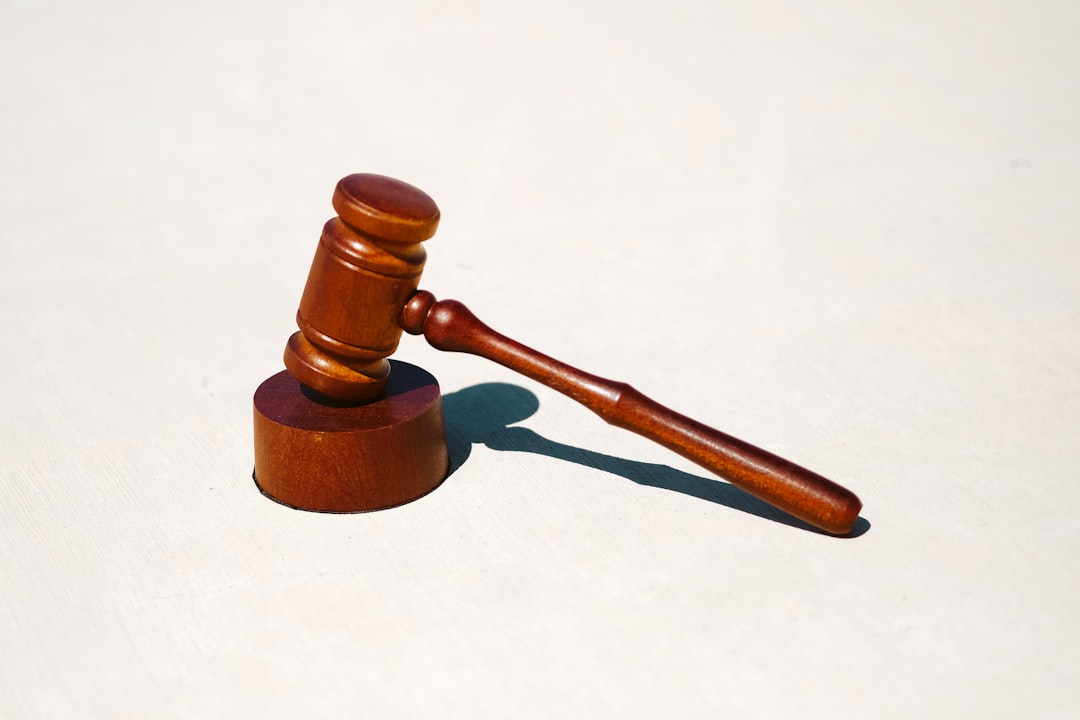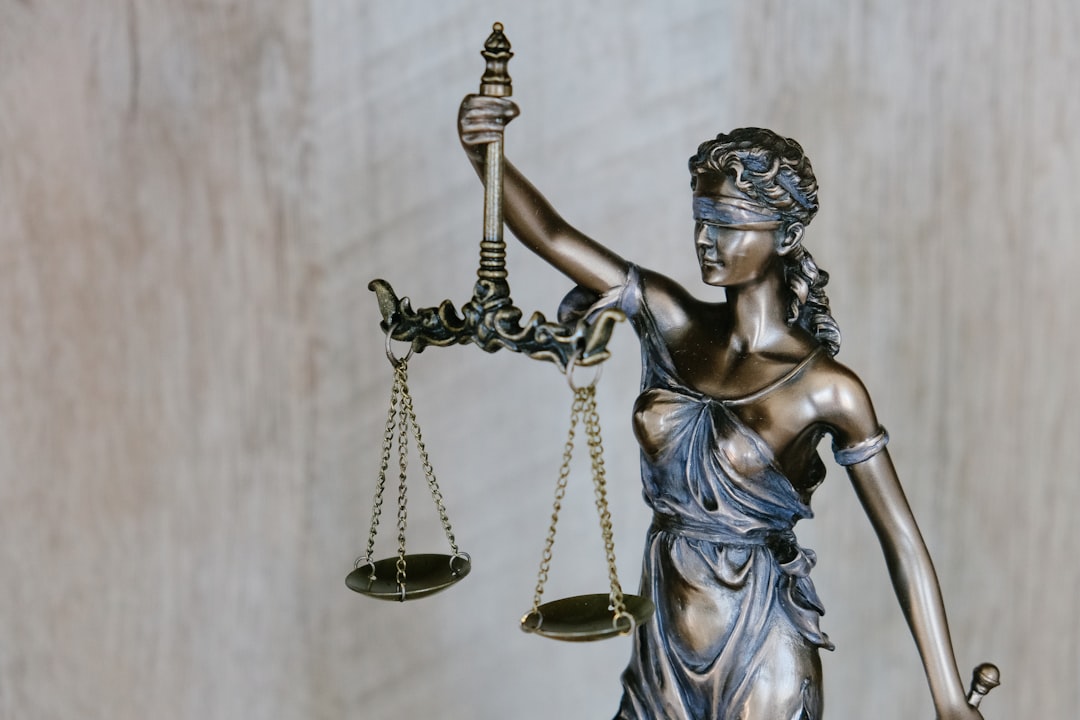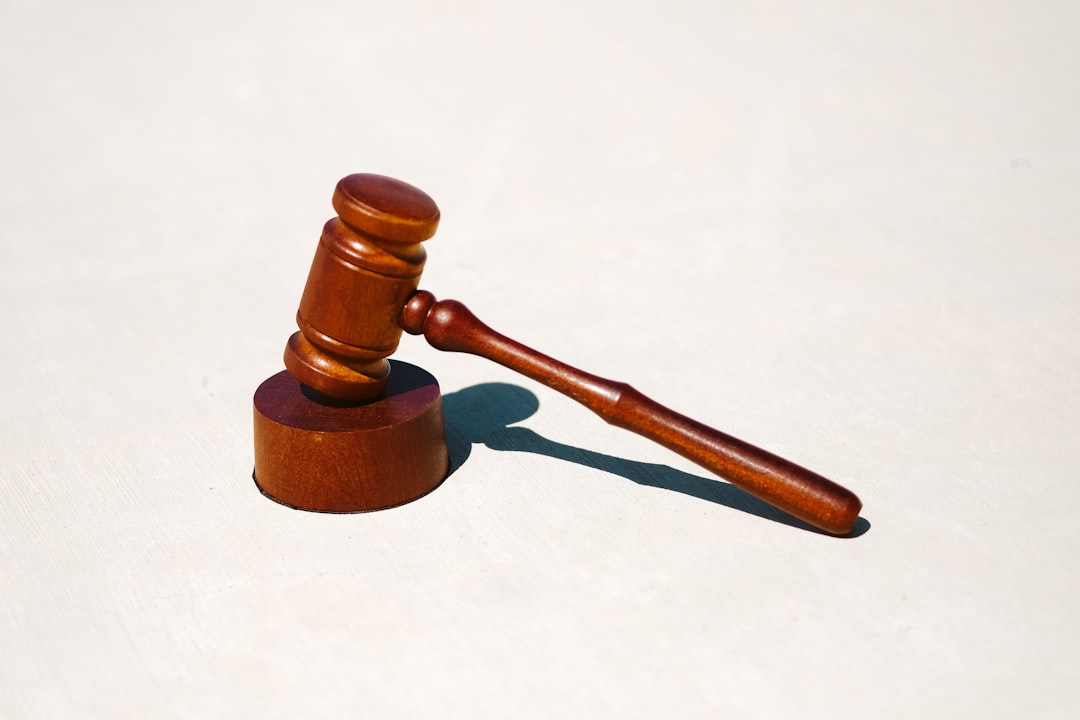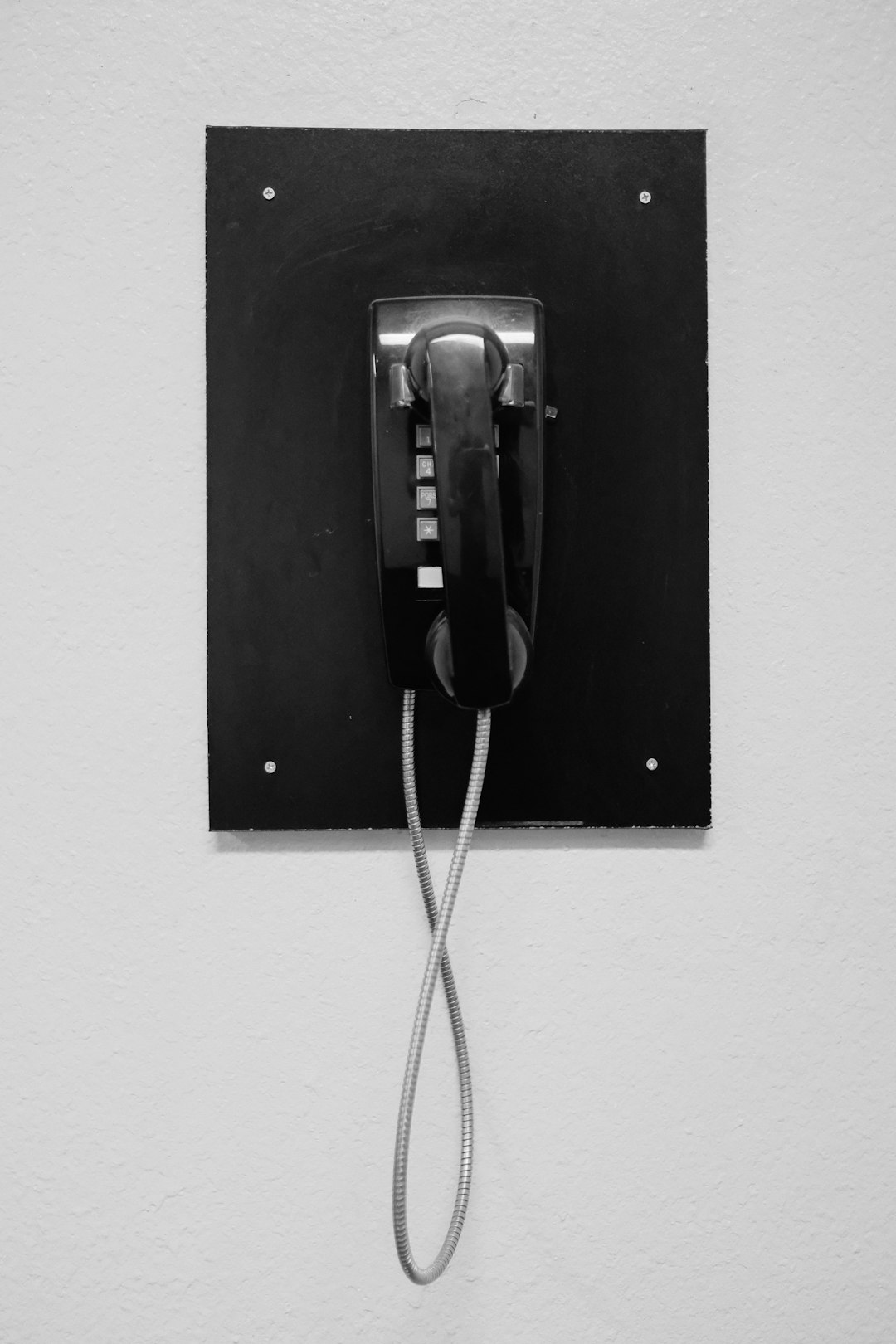In Georgia, the Fair Debt Collection Practices Act (FDCPA) protects residents from aggressive debt collectors, including unwanted robocalls. An unwanted call attorney Georgia specializes in FDCPA laws and helps consumers navigate their rights against abusive collection tactics. These attorneys guide clients through ceasing unwanted calls, filing complaints, and taking legal action against violators, ensuring fair treatment under the law. By understanding their rights, Georgians can protect their privacy from harassing debt collection calls.
“In Georgia, as across the nation, the Fair Debt Collection Practices Act (FDCPA) governs how debt collectors can communicate with debtors. However, the rise of robocalls has created a new frontier for legal challenges under the FDCPA. This article explores the intricate relationship between these two elements, delving into unwanted robocalls’ legal implications in Georgia and how an experienced unwanted call attorney can navigate these complex issues. We’ll also provide practical advice on identifying and stopping robocalls, along with real-world case studies of FDCPA violations.”
Understanding the Fair Debt Collection Practices Act (FDCPA)

In Georgia, like many states across the country, the Fair Debt Collection Practices Act (FDCPA) plays a crucial role in regulating debt collection practices, including those involving unwanted calls. This federal legislation was enacted to protect consumers from aggressive or harassing debt collection tactics. The FDCPA applies to any entity that collects debts on behalf of others, known as debt collectors, and sets forth specific rules they must adhere to when communicating with debtors.
For Georgia residents facing debt issues, understanding their rights under the FDCPA is essential. If you’ve received unwanted calls from a debt collector, particularly if it’s an automated or prerecorded call (a common tactic used by robocallers), you may have grounds for legal action. An experienced Unwanted Call Attorney in Georgia can guide individuals through these complexities, ensuring their rights are protected and providing recourse against unfair debt collection practices.
Unwanted Robocalls and Their Legal Implications in Georgia

Unwanted robocalls have become a prevalent and frustrating issue for many Georgians, with debt collection being one of the primary culprits. These automated calls, often delivered en masse, can be legally challenging to manage, especially when they are considered harassing or abusive. In Georgia, the Fair Debt Collection Practices Act (FDCPA) plays a crucial role in regulating debt collectors’ behavior and providing consumers with certain rights against unwanted calls.
When a Georgia resident receives an excessive number of robocalls from debt collection agencies or attorneys representing these agencies, they may have legal recourse. The FDCPA prohibits debt collectors from engaging in abusive, unfair, or deceptive practices, including making harassing or unnecessary phone calls. If you are experiencing a barrage of unwanted calls from an attorney or debt collector, consulting an experienced unwanted call attorney Georgia is advisable. They can guide you through your rights and options, ensuring that these automated intrusions cease while also helping to hold the perpetrators accountable.
The Role of an Attorney in Navigating FDCPA and Robocall Issues

In the complex landscape of debt collection regulations, an unwanted call attorney in Georgia plays a pivotal role in guiding individuals navigating Fair Debt Collection Practices Act (FDCPA) issues and robocall complaints. These attorneys are experts in interpreting and enforcing FDCPA laws, which were designed to protect consumers from abusive or harassing debt collection practices. When a consumer faces relentless robocalls, an attorney can provide crucial assistance by analyzing the case, identifying potential violations, and offering strategic advice.
They help clients understand their rights under the FDCPA, enabling them to take appropriate action against violators. This may involve drafting cease-and-desist letters, filing official complaints with relevant authorities, or pursuing legal recourse to stop unwanted robocalls. With their in-depth knowledge of debt collection laws and procedures, these attorneys ensure that clients’ rights are protected and that they receive fair treatment during the entire process.
How to Identify and Stop Robocalls in Georgia

In Georgia, as with many states, unwanted calls from robocalls are a common frustration for residents. These automated phone calls, often used by debt collectors, can be recognized by several telltale signs. Firstly, if you receive a call from an unknown number and the caller immediately starts delivering a pre-recorded message, it’s likely a robocall. Such messages usually advertise legal services or attempt to sell products and services.
To stop these unwanted calls, Georgians have options. One effective method is to register on the National Do Not Call Registry. This federal list prohibits telemarketers from calling registered numbers. Additionally, many phone service providers offer call-blocking features or apps that can filter out known robocalls. Consulting with an Unwanted Call Attorney in Georgia can also provide legal recourse and guidance on blocking future calls, ensuring residents’ peace of mind and privacy.
Case Studies: Real-World Examples of FDCPA Violations Through Robocalls

In recent years, numerous consumers in Georgia have reported receiving unwanted calls from debt collectors, often through automated robocall systems. These calls, while irritating, are more than just a nuisance; they can represent potential violations of the Fair Debt Collection Practices Act (FDCPA). Real-world examples abound where consumers have faced harassing or deceptive practices, with some even turning to an unwanted call attorney Georgia for legal recourse.
One common scenario involves robocalls that fail to identify the caller or provide the necessary validation of debt before demanding payment. Another involves repeated calls at unreasonable times, causing emotional distress and disrupting daily routines. These violations underscore the importance of understanding one’s rights under the FDCPA, which aims to protect consumers from unfair or abusive debt collection tactics.






